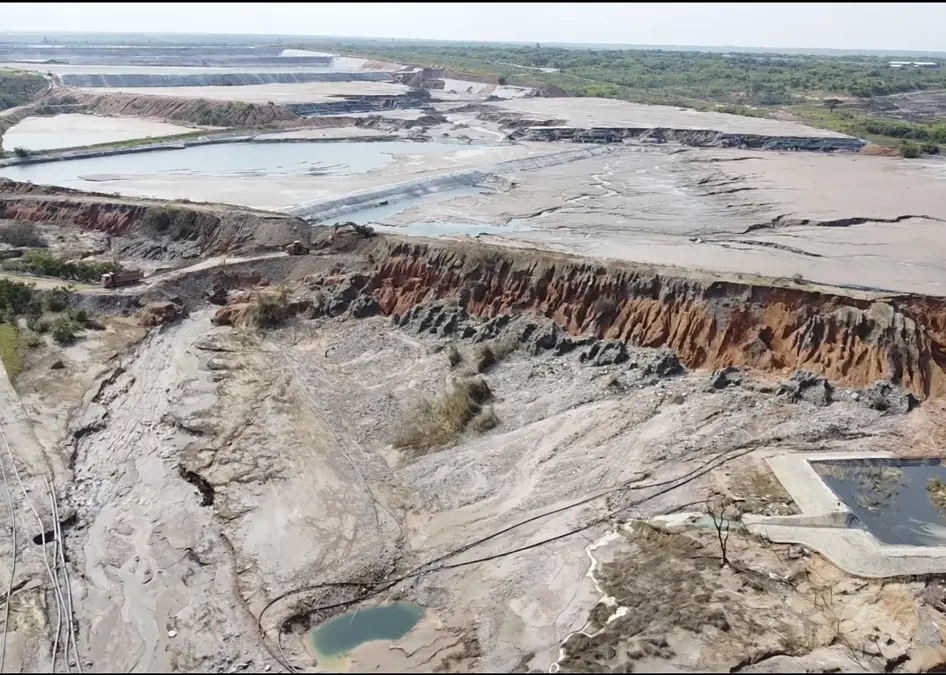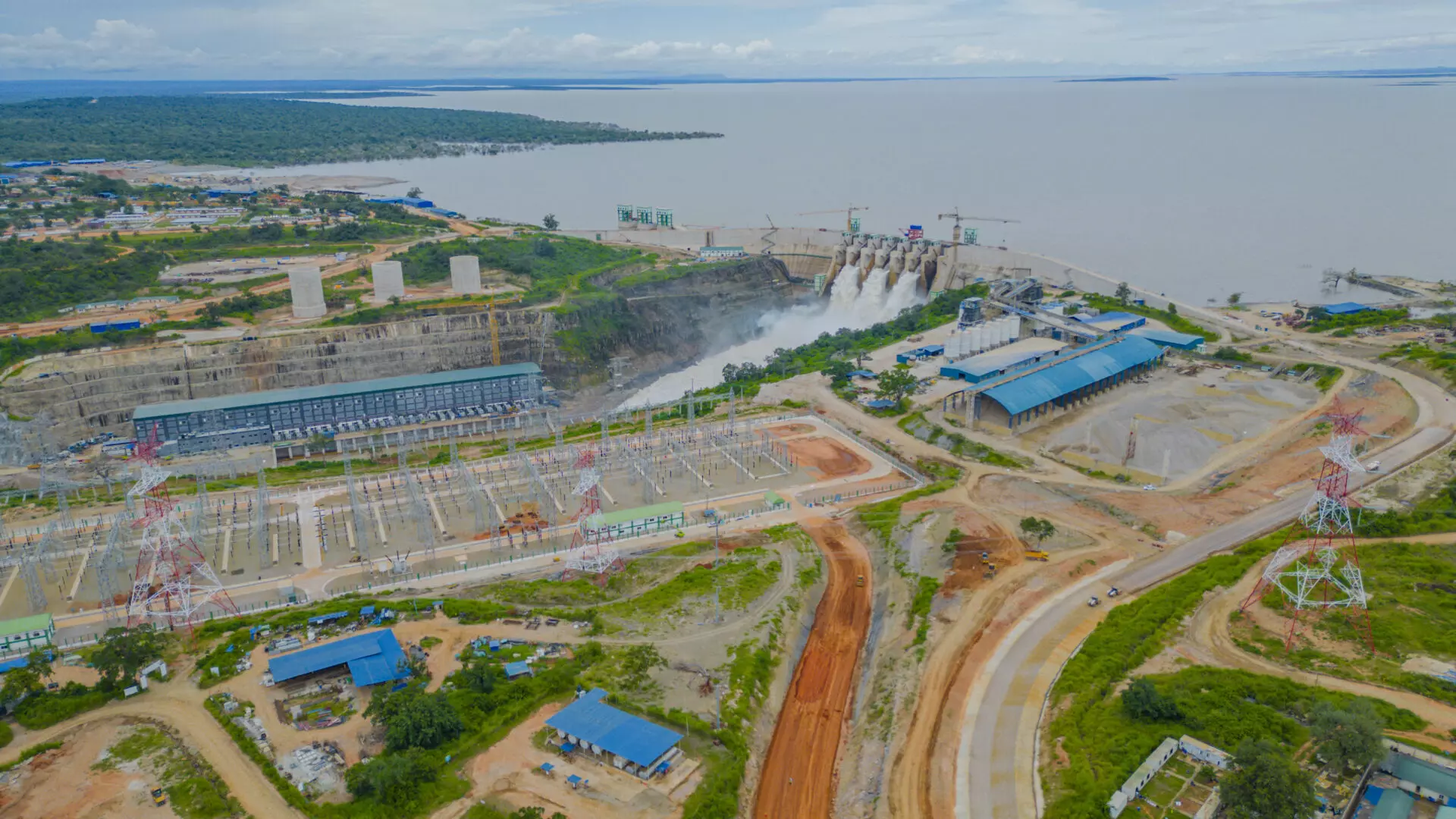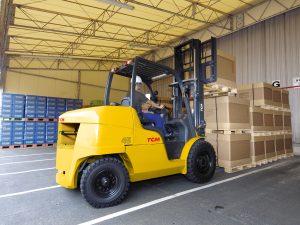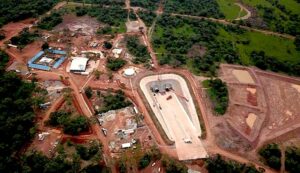New Anti-Gold Mining Solidarity Protests in Red Sea State As Military ‘Procrastinates’
Karrar Askar, a member of the protest committee against gold mining in Dordeib, Red Sea state, accused commanders of the 45th Infantry Brigade of procrastinating with regard to removing the mining plants that are located inside the Dordeib army base. New roadblocks are emerging in solidarity with the protesters.
The blockade of the Port Sudan-Kassala road near Dordeib will continue until the technical report on gold mining plants in the area that use cyanide and mercury is released, the plants are removed, and the brigade’s commander has been transferred, Askar told Radio Dabanga.
“We have been wondering how it is possible that mining plants have been established inside an army base, and why the army diverges from its real tasks and sets up commercial enterprises instead,” the activist said.
‘We have been wondering [… ] why the army diverges from its real tasks and sets up commercial enterprises instead’
He also explained that technical experts have arrived in the gold mining areas “to brief those involved about the dangers of cyanide and mercury pose to humans, animals, and the environment”.
Concerned local residents and activists have been protesting the presence of these plants that treat gold mining waste (called karta in Sudan), which contains poisonous cyanide and mercury, in open basins since the start of this month by blocking the Port Sudan-Kassala road.
The roadblock was extended last week to protest the lack of reaction from authorities. The protesters demanded the mixing plants be taken down, but the military has been slow to proceed with this.
Last week, a journalist told Radio Dabanga that the command of the 45th Infantry Brigade refused to allow a delegation of protesters to visit the military offices to ask about a previous agreement to dismantle the mixers.
She explained that the brigade command kept some of the mixers and did not dismantle them. Mixers are machines used to process gold.
Red Sea state has been witnessing tensions for months as residents protest the behaviour of gold mining companies and fear that their drinking water supply is at risk.
Solidarity roadblocks
Protesters closed the Port Sudan-Khartoum highway in Haya, north of Dordeib, on Sunday afternoon in solidarity with the anti-gold mining protests in Dordeib, member of the Dordeib protest committee Ibrahim Taher told Radio Dabanga on Sunday.
He said that environmental activists in Sinkat would also join the protests yesterday and block the road.
Taher further reported that a delegation of the Sudanese Company for Mineral Resourcesvisited the mining plants based at the site of 45th Infantry Brigade site and promised to release a final report on the effects on the environment within 72 hours.
He confirmed that one of the mixing plants inside the military zone has not yet been dismantled.
Northern state protest
The sit-in in the Abu Sari gold mine area, north of Delgo town in Northern State, entered its fourth week on Sunday. People are protesting against the gold mining activities carried out at the mine by a Turkish company that uses mercury and cyanide.
Activist Wael El Imam told Radio Dabanga that the sit-in in Shayakha Abu Sari that began with the closure of the well that supplies the company’s factory with water, is continuing until the demand of the residents of the area, the removal of the plant, is met.
RSF and Wagner
The Darfur General Coordination of Refugees and Displaced People accused the Rapid Support Forces (RSF) and the Russian Wagner Group of mining gold in the area of Tur Kelemi village in Central Darfur.
The village residents fled attacks on their homes years ago and now live in the Tur Kelemi camp near the state capital Zalingei.
Adam Rujal, the spokesperson for the General Coordination, said in a statement yesterday that these lands belong to the displaced and that mining gold without their consent is considered a form of humiliation and insult.
Rujal holds the Central Darfur authorities responsible for excavations in the areas of the displaced and considers it “legalised theft of resources”.
He demanded an immediate cessation of this exploration. “We categorically reject the prospecting for gold and other minerals, except under a legitimate civil government after a just and comprehensive peace has been achieved.”
The RSF have a contentious presence in Darfur as they grew out of the Janjaweed militias that are largely held responsible for the Darfur Genocide. They also control large parts of the Sudanese gold market.
Former Janjaweed leader Musa Hilal seized control of the Jebel Amer gold mining area in July 2015 and profited from vast gold sales. Sources claim that RSF Commander Lt Gen Mohamed Hamdan ‘Hemeti’ was behind Hilal’s detention before taking over the operation of the mines and capturing large parts of Sudan’s gold market. He has family ties that link him to El Junaid Gold Mining Company.
In 2020, the government took over control of the Jebel Amer gold mines. Last year, however, CNN published an investigation disclosing how “Russia is plundering gold in Sudan to boost Putin’s war effort in Ukraine” with the complicity of Sudanese military rulers, especially the RSF.
The Russian Wagner Group has also been accused of being behind attacks on gold miners in South Darfur.
Elsewhere in Central Darfur, Director of Zalingei locality Sufyan Mousa announced the immediate cessation of mining activity and the withdrawal of all existing machinery in the area of Dar Katya.
He referred to a directive from the acting Central Darfur governor following complaints from two departments of the Dar Katya administration.
Kleptocracy
Various areas in Sudan have recently witnessed protests against mining activities, often because of the use of highly toxic chemicals such as mercury and cyanide but also because of the lack of opportunities the companies provide to the local community.
In a recent report tracing anti-mining protests by Sudan Transparency and Policy Tracker (STPT), respected Sudan conflict resolution analyst Dr Suliman Baldo called out “the capture of local resources by a powerful and kleptocratic central state and its commercial partners”.
In September 2019, Director of Exploration of the Sudanese Mining Resources Company Naji Mahmoud also claimed that there are 424 mining companies in Sudan that are owned by members of the ousted Al Bashir regime.
Share this content:














